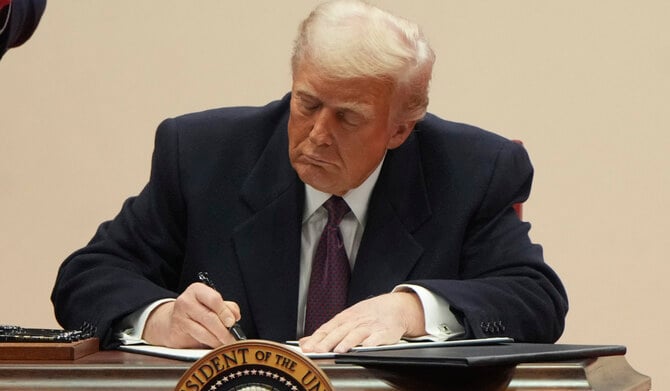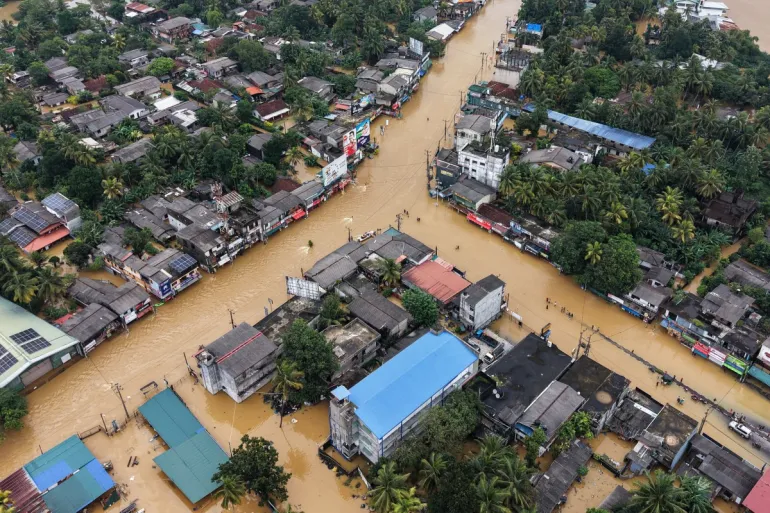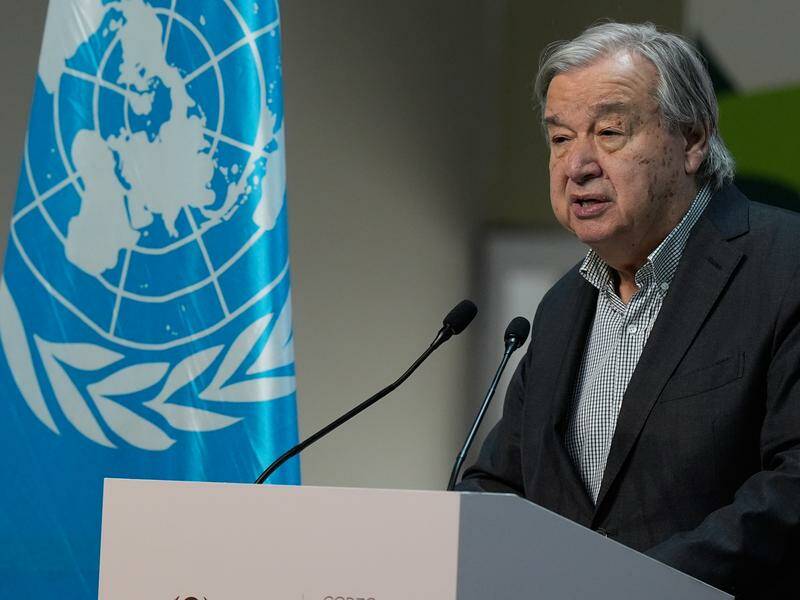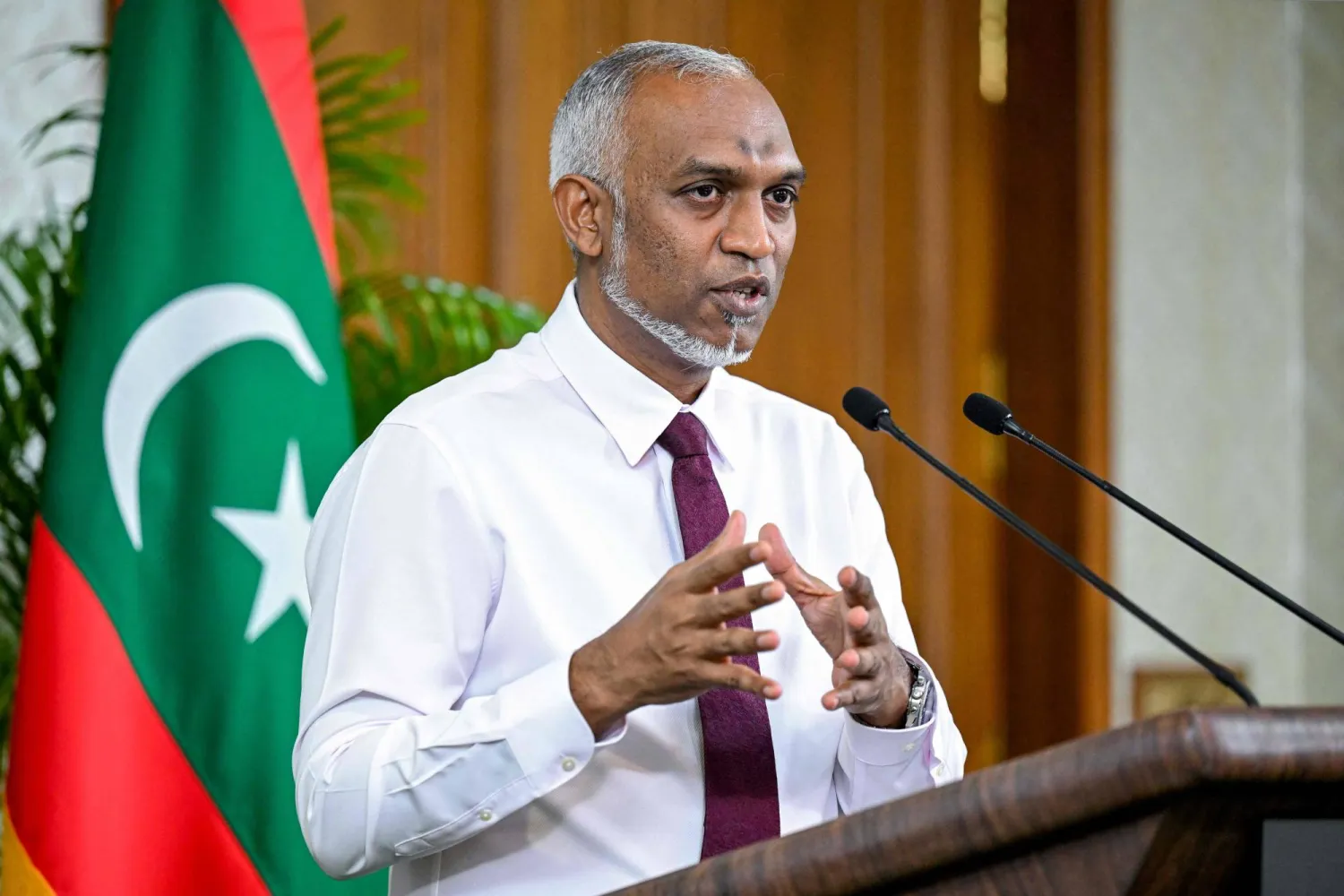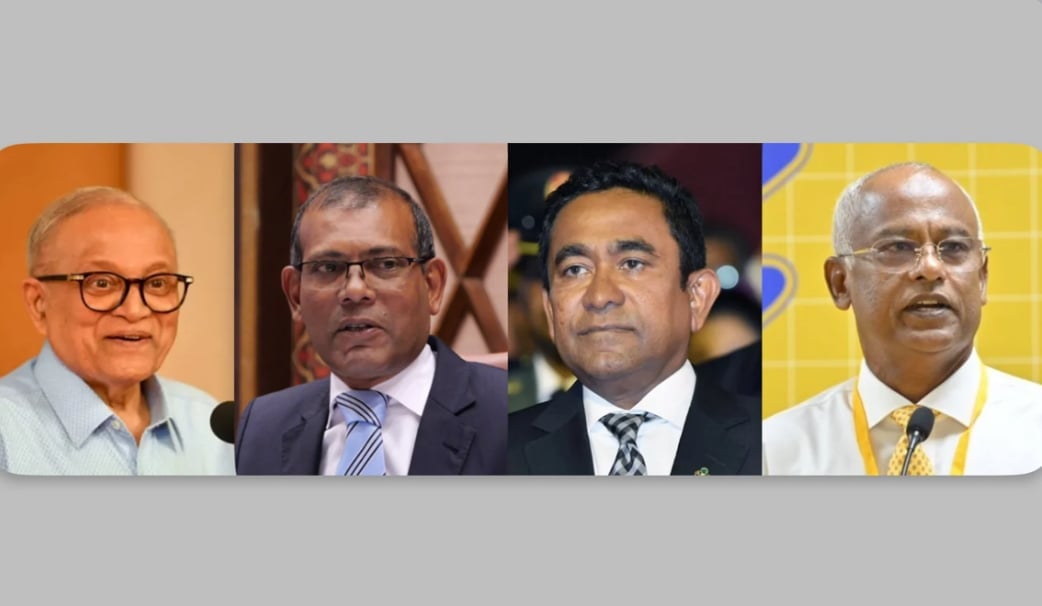President Donald Trump announced on Monday that the United States will exit both the World Health Organization (WHO) and the Paris Climate Agreement, reigniting global concerns about America's role in addressing health and climate crises.
US to Leave WHO
Trump criticized the WHO for its handling of the COVID-19 pandemic and accused it of succumbing to political influences, particularly from China. He stated that the US contributions to the organization, which make up approximately 18% of its $6.8 billion biennial budget, are disproportionate compared to other member states.
"World Health ripped us off, everybody rips off the United States. It’s not going to happen anymore," Trump declared during the announcement.
The US withdrawal will officially take effect in 12 months, ending financial contributions to the global health agency. This marks the second time Trump has initiated such action; in 2020, during his first term, he similarly sought to leave the WHO over its alleged handling of the COVID-19 outbreak.
The WHO has denied Trump’s claims and reiterated its efforts to press China for transparency about the origins of the virus.
Paris Climate Accord Withdrawal
Trump also signed an executive order withdrawing the United States from the Paris Climate Agreement, a move that isolates the country alongside Iran, Libya, and Yemen as the only nations not party to the 2015 pact.
The agreement aims to limit global warming to 1.5 degrees Celsius above pre-industrial levels. Trump dismissed it as a “one-sided rip-off” that unfairly disadvantages US industries while allowing other nations, particularly China, to pollute without restrictions.
Despite the withdrawal, UN Secretary-General António Guterres expressed hope that US states, cities, and businesses would continue working towards low-carbon economic growth.
Climate experts have warned that this move could severely undermine global efforts to combat climate change, as the US is the second-largest emitter of greenhouse gases. Paul Watkinson, a former climate negotiator, noted that the world is already facing warming of more than 3 degrees Celsius by the century’s end, risking catastrophic impacts such as sea level rise, heat waves, and severe storms.
Contrast with Biden Administration
This withdrawal contrasts sharply with the approach of former President Joe Biden, who had rejoined the Paris Accord in 2021 and prioritized transitioning to clean energy through subsidies and regulations. Trump has criticized such measures, vowing to roll back subsidies and regulations to boost economic growth.
Li Shuo, a climate diplomacy expert, warned that this move could allow China to dominate the clean energy market, leaving the US at a competitive disadvantage in sectors like solar power and electric vehicles.
Both exits from the WHO and the Paris Climate Accord underscore Trump's broader agenda of prioritizing US economic and political interests over multilateral agreements, drawing sharp criticism from global leaders and experts alike.
US to Leave WHO
Trump criticized the WHO for its handling of the COVID-19 pandemic and accused it of succumbing to political influences, particularly from China. He stated that the US contributions to the organization, which make up approximately 18% of its $6.8 billion biennial budget, are disproportionate compared to other member states.
"World Health ripped us off, everybody rips off the United States. It’s not going to happen anymore," Trump declared during the announcement.
The US withdrawal will officially take effect in 12 months, ending financial contributions to the global health agency. This marks the second time Trump has initiated such action; in 2020, during his first term, he similarly sought to leave the WHO over its alleged handling of the COVID-19 outbreak.
The WHO has denied Trump’s claims and reiterated its efforts to press China for transparency about the origins of the virus.
Paris Climate Accord Withdrawal
Trump also signed an executive order withdrawing the United States from the Paris Climate Agreement, a move that isolates the country alongside Iran, Libya, and Yemen as the only nations not party to the 2015 pact.
The agreement aims to limit global warming to 1.5 degrees Celsius above pre-industrial levels. Trump dismissed it as a “one-sided rip-off” that unfairly disadvantages US industries while allowing other nations, particularly China, to pollute without restrictions.
Despite the withdrawal, UN Secretary-General António Guterres expressed hope that US states, cities, and businesses would continue working towards low-carbon economic growth.
Climate experts have warned that this move could severely undermine global efforts to combat climate change, as the US is the second-largest emitter of greenhouse gases. Paul Watkinson, a former climate negotiator, noted that the world is already facing warming of more than 3 degrees Celsius by the century’s end, risking catastrophic impacts such as sea level rise, heat waves, and severe storms.
Contrast with Biden Administration
This withdrawal contrasts sharply with the approach of former President Joe Biden, who had rejoined the Paris Accord in 2021 and prioritized transitioning to clean energy through subsidies and regulations. Trump has criticized such measures, vowing to roll back subsidies and regulations to boost economic growth.
Li Shuo, a climate diplomacy expert, warned that this move could allow China to dominate the clean energy market, leaving the US at a competitive disadvantage in sectors like solar power and electric vehicles.
Both exits from the WHO and the Paris Climate Accord underscore Trump's broader agenda of prioritizing US economic and political interests over multilateral agreements, drawing sharp criticism from global leaders and experts alike.





